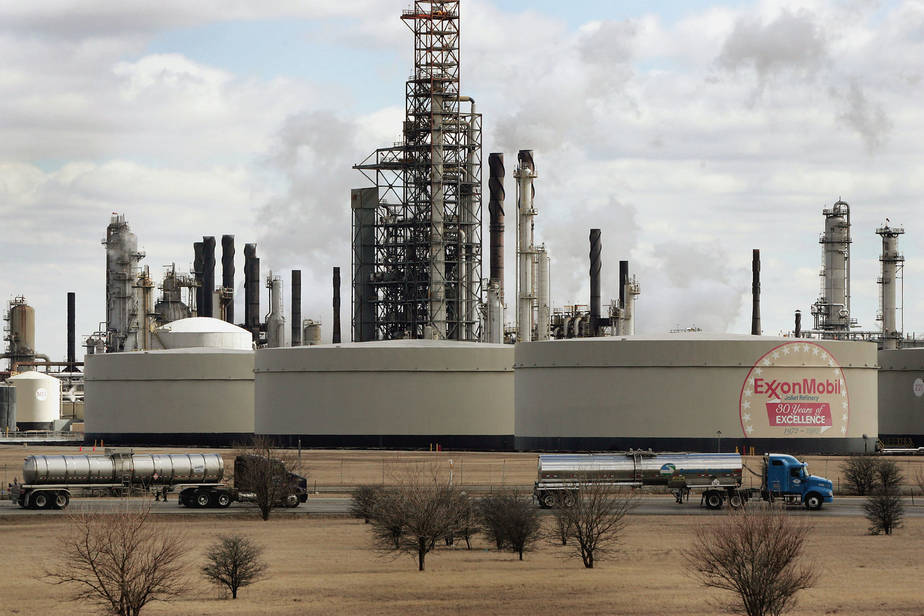Blog
STATEMENT: California’s Climate Corporate Data Accountability Act Requires Companies to Disclose Greenhouse Gas Emissions by 2026
WASHINGTON, D.C.
STATEMENT: New Proposed Rule Requires Major Federal Contractors to Disclose GHG Emissions and Set Reduction Targets
WASHINGTON, D.C.
5 Reasons Cities Should Include Trees in Climate Action
GHG inventories are an important first step in designing a climate action strategy, as they pinpoint where a community’s emissions come from and where the biggest reduction opportunities lie.
Cities Should Account for Trees in their Greenhouse Gas Inventories. New Guidance Shows How
New guidance developed by WRI, ICLEI – Local Governments for Sustai
Boulder Achieves Five Percent Reduction in Community Greenhouse Gas Emissions
The City of Boulder achieved a 5.2 percent reduction in community greenhouse gas (GHG) emissions in 2015 as compared to a 2005 baseline, according to an analysis of the most recently available data. This progress occurred during a time of economic and population growth in the city, magnifying the reductions even more.
Hitting the right target: Business carbon reporting gets tough
With the Paris Agreement having come into force this year, 12 months after it was agreed, it is more important than ever for businesses to understand, report on, and reduce their carbon emissions.
Rajkot one of 40 global cities to cut carbon emissions
Gujarat's 'solar city — Rajkot in Saurashtra — is being globally recognized as a case study for reducing carbon emissions. As per report by World Resources Institute (WRI), a US-based organization, presented at the UN Climate Change Conference in Peru, Rajkot will be able to reduce 14 per cent cent of its carbon dioxide emissions by 2016.
Greenhouse Gas Accounting: A Potential Tool for a Climate Smart Urban Development
With cities developing at a whirlwind pace, it's more urgent than ever to track the GHG emissions they are pumping into the atmosphere. In the August 2017 issue of TerraGreen, Aditi Phansalkar explores how frameworks including the Global Protocol for Community-Scale Greenhouse Gas Emission Inventories (GPC) are helping meet that challenge.
What's the carbon footprint of a bank loan? Sustainable finance groups follow the money
On its own, the global financial sector has a limited carbon footprint -- compared with manufacturing, mining and construction, for example, it barely registers at all. Yet each of those "heavy" industries is backed by the resources of banks and financial institutions, and those monetary relationships tie financiers, to a degree at least, to the emissions they capitalize.
Climate Risk Experts: Transparency Should Be Fossil Fuel Companies' New Normal
A panel of economic experts unveil a set of recommendations to protect investors from a head-in-the-sand approach to global warming's inevitable impacts. That is the recommendation of a blue-ribbon panel convened by the economically powerful Group of 20.
A Better Way for Cities to Measure Greenhouse Gases
Until now, there was no universal, comprehensive methodology for cities around the world to measure their emissions. One of the tool's creators explains its power in the fight against climate change.
Cities launch yardstick to measure greenhouse gas emissions
A coalition of the world's biggest cities has launched an international tool that will for the first time allow many local authorities to measure their greenhouse gas emissions, providing them with a baseline...
Giving cities a road map to reducing their carbon footprint
Cities are not just where 3.5 billion of us live—they are where more than half of humanity uses electricity, drives cars, and throws out garbage, among myriad other activities that emit greenhouse gases. Now, a global coalition has released the first standardized method for measuring and reporting a given city’s greenhouse gas emissions.
Banks to Receive Guidance on Reporting Emissions in Lending
When the 2011 Newsweek Green Rankings were published, it came as a surprise to many that seven of the worst performing US companies were financial firms. The reason for such a poor performance was inadequate reporting of emissions in corporate supply chains; in the case of financial firms, emissions from their lending and investment portfolios.
Climate Change and Cities: What We Need to Do
On October 6, 2018, the International Panel on Climate Change (IPCC) released a special report in support of a global response to keep global warming to less than 1.5ºC above pre-industrial levels.













